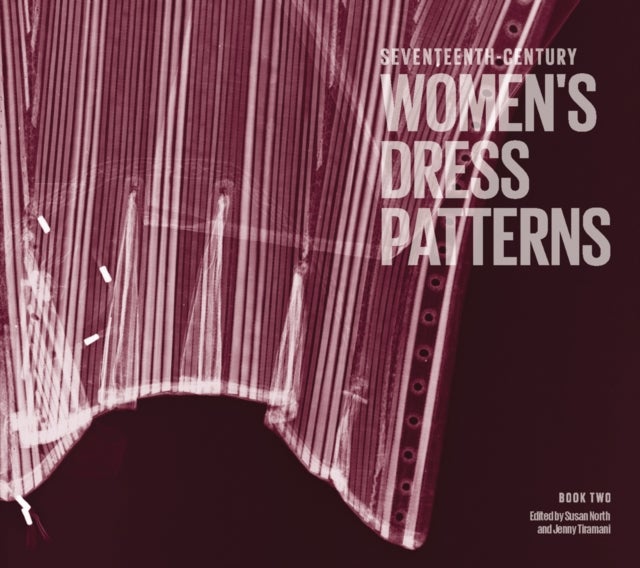
Homer in Wittenberg av William P. (Professor of Literature in the Honors College Baylor University) Weaver
1099,-
Homer in Wittenberg draws on manuscript and printed materials to demonstrate Homer''s foundational significance for educational and theological reform during the Reformation in Wittenberg. In the first study of Melanchthon''s Homer annotations from three different periods spanning his career, and the first book-length study of his reading of a classical author, William Weaver offers a new perspective on the liberal arts and textual authority in the Renaissance and Reformation. Melanchthon''s significance in the teaching of the liberal arts has long been recognized, but Homer''s prominent place in his educational reforms is not widely known. Homer was instrumental in Melanchthon''s attempt to transform the university curriculum, and his reforms of the liberal arts are clarified by his engagements with Homeric speech, a subject of interest in recent Homer scholarship. Beginning with his Greek grammar published just as he arrived in Wittenberg in 1518, and proceeding through his 1547 work








